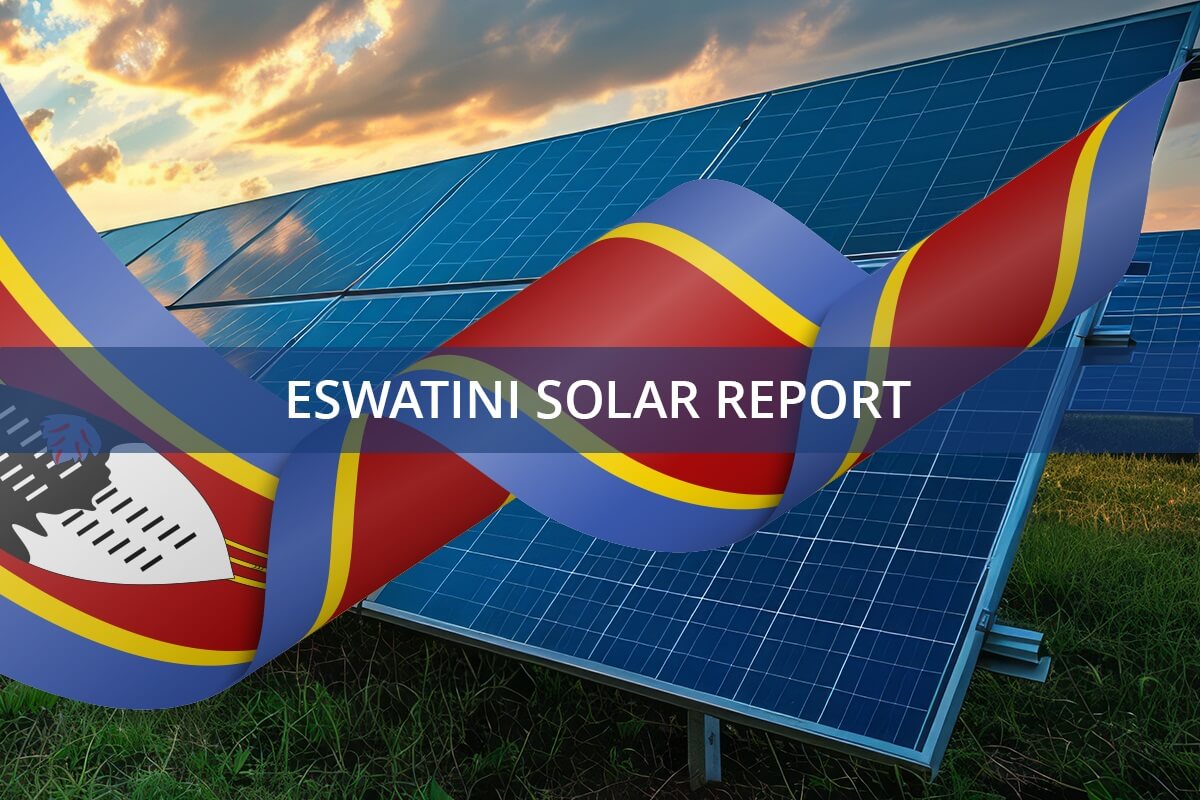Eswatini’s Ambitious Electricity Import Reduction Plan: Achieving 20% Imports by 2025
Eswatini is on an ambitious path to reshape its energy landscape by drastically cutting down its reliance on imported electricity from 80% to 20% by 2025. Currently, the nation largely depends on electricity imports from South Africa and Mozambique. This strategic pivot towards local renewable energy projects and diversification of power sources aims to enhance energy security, promote economic growth, and contribute to environmental sustainability.
Local Renewable Energy Projects Driving Electricity Import Reduction
The cornerstone of Eswatini’s energy transition is the development of local renewable energy projects. By harnessing the abundant natural resources available within its borders, Eswatini plans to increase the share of renewable energy in its power mix significantly. This includes solar, wind, and biomass energy projects that are expected to not only reduce dependency on imports but also create jobs and stimulate local economies.
Power Source Diversification for Electricity Import Reduction
In addition to scaling up renewable energy, Eswatini is committed to diversifying its power sources to ensure a stable and reliable energy supply. This involves investing in innovative technologies and infrastructure to support the integration of various energy sources into the national grid. By doing so, Eswatini aims to mitigate the risks associated with over-reliance on a single source of energy.
Strengthening Energy Security Through Electricity Import Reduction
Reducing electricity imports is a critical step towards enhancing Eswatini’s energy security. By producing more energy domestically, the country can better control its energy supply and reduce vulnerability to external factors such as fluctuating prices and supply interruptions. This move towards self-sufficiency is essential for ensuring a stable energy future for Eswatini.
Boosting Economic Growth via Electricity Import Reduction Strategies
The shift towards local energy production is also expected to fuel economic growth in Eswatini. Developing renewable energy projects opens up new opportunities for investment and job creation in the energy sector. Additionally, by reducing energy costs and increasing access to electricity, the country can stimulate business development and improve the quality of life for its citizens.
Advancing Environmental Sustainability with Electricity Import Reduction
Eswatini’s commitment to reducing its carbon footprint aligns with global efforts to combat climate change. By investing in clean and renewable energy sources, the country not only reduces its reliance on fossil fuels but also contributes to environmental sustainability. This transition supports Eswatini’s goal of becoming a leader in sustainable energy practices.
For more insights on Eswatini’s energy independence journey and the essential steps being taken to achieve this goal, check out Eswatini energy independence: 5 Essential Steps to 20% Imports by 2025.
Eswatini’s ambitious plan to reduce electricity imports and invest in local renewable energy projects marks a significant step towards a more secure, prosperous, and sustainable future. As the country continues to make progress, it sets an inspiring example for other nations seeking to enhance their energy independence and environmental stewardship.

